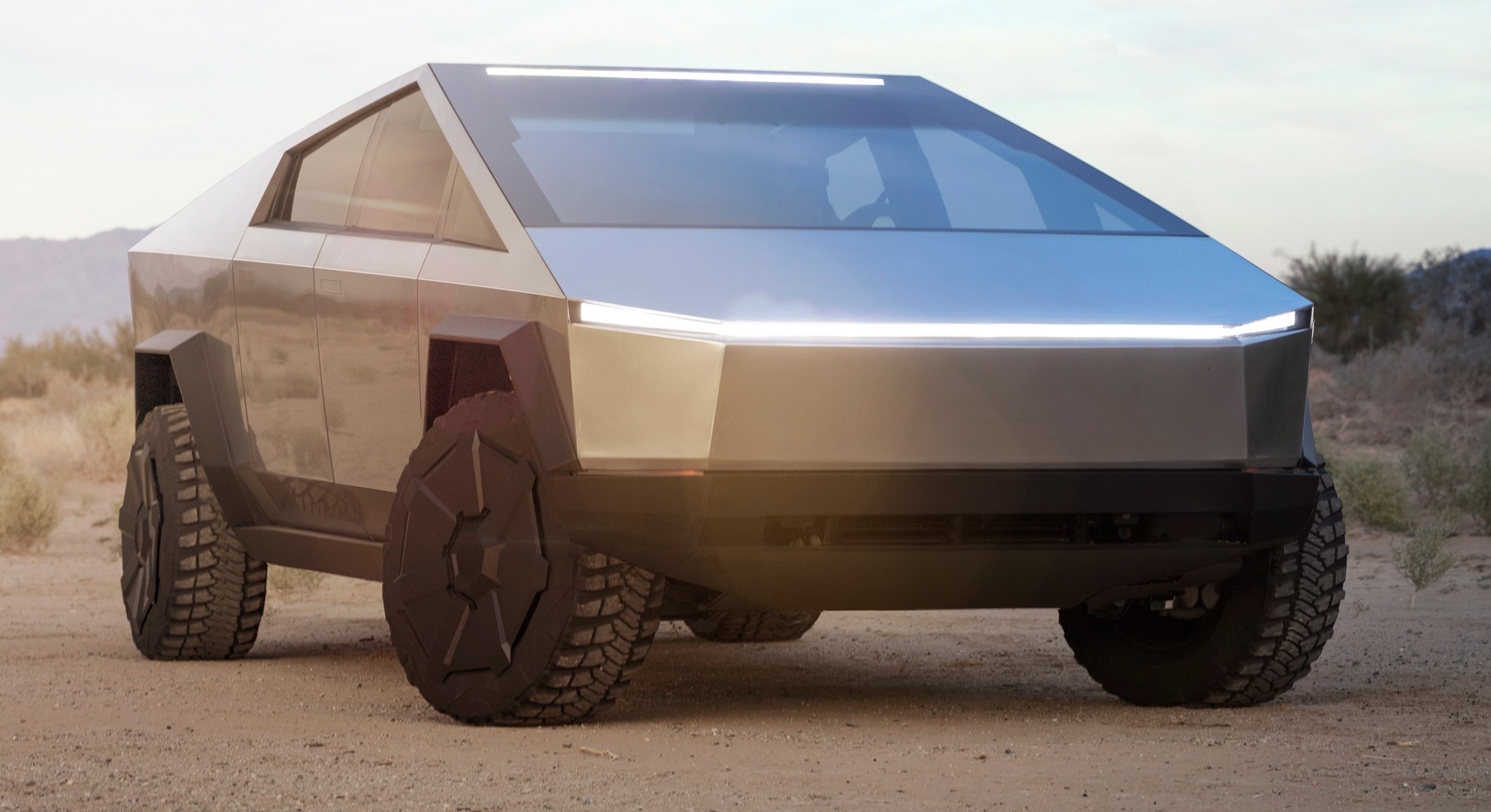Tesla Changed the Cybertruck Resale Policy
Tesla, the innovative electric vehicle company, is known for pushing boundaries not only in technology but also in its business practices. With the highly anticipated release of the Cybertruck just around the corner, Tesla has stirred controversy by introducing a resale clause that could lead to a $50,000 lawsuit against buyers attempting to flip their vehicles within the first year. However, recent developments suggest a change in Tesla’s stance on this matter.
The PDF version of this article is available here.

The Controversial Resale Clause
Customers eagerly awaiting the first Tesla Cybertrucks were surprised to find a new section, “For Cybertruck Only,” in the Motor Vehicle Order Agreement. This clause explicitly prohibited the resale of the Cybertruck within the initial year after delivery. According to the agreement, Tesla reserved the right to seek injunctive relief or demand liquidated damages amounting to $50,000, or the value received for the sale, whichever is greater.
Exceptions and Buyback Options
Tesla did, however, provide an avenue for exceptions. Buyers seeking to sell their Cybertrucks within the first year could do so with explicit written consent from Tesla. In such cases, the company offered two options: a reduced-price buyback, accounting for $0.25 per mile driven, wear and tear, and repair costs, or permission to sell the vehicle to a third-party buyer.
The Subscription Model Challenge
Complicating matters further, the subscription model of Tesla’s software, including the Full Self-Driving feature, adds a layer of complexity to the resale process. Unlike traditional vehicle features, the Full Self-Driving subscription, priced at up to $199 per month, is not transferable to new owners.
Tesla’s Vision for the Cybertruck
Initially announced in 2019, the Cybertruck is Tesla’s foray into the electric pickup truck market. While Elon Musk expressed optimism about the Cybertruck becoming a significant contributor to cash flow within a year to 18 months, full-fledged production is not expected until 2024. The truck’s unique design has garnered attention and sparked debates among car enthusiasts.
Reversal of Resale Restrictions
In a surprising turn of events, Tesla appears to have reversed its position on the controversial resale clause. The clause, which threatened buyers with a $50,000 lawsuit, has been removed from the updated purchase agreement. The reasons behind this reversal remain unclear, and Tesla has not provided an official statement regarding the change.
Speculations and Industry Insights
Industry analysts, including Wedbush analyst Dan Ives, suggest that Tesla’s move might be a strategic decision to manage the Cybertruck resale market amid challenges in scaling up production. Ives speculates that Tesla is setting “guardrails” to address the complexities of mass-producing the Cybertruck.
Key Points
As Tesla’s Cybertruck delivery event approaches on November 30, the company continues to keep enthusiasts on their toes with unexpected policy changes. The removal of the controversial resale clause opens new possibilities for Cybertruck buyers, signaling a potential shift in Tesla’s approach to managing the resale market for this highly anticipated vehicle.
This other article may offer more insights about Tesla’s automotive venture: Tesla Model Y Leads as U.S. EV Registrations Break Records





